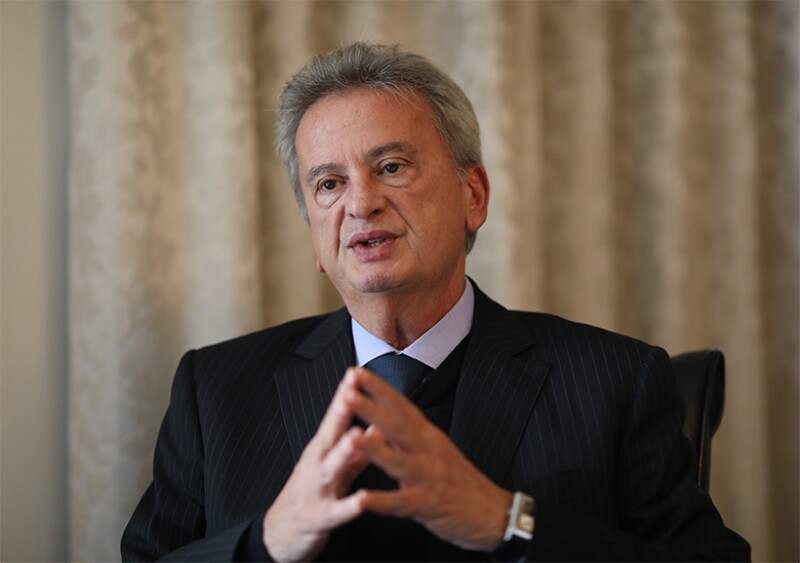
Lebanon’s emergency plans to stave off imminent default will have the full support of the Banque du Liban, its governor Riad Salamé told Euromoney at the IMF meetings in Washington on October 19. But real commitment to reform is needed to unlock an $11 billion funding package and the private sector investment that will prompt a true recovery in Lebanon.
Countrywide protests, which began on October 17 after the government revealed plans to charge a fee on WhatsApp calls, showed little sign of abating by Wednesday 23, even after the government unveiled a plan to stimulate growth and reduce Lebanon’s deficit without resorting to more taxes.
But despite the ongoing protests and calls by analysts that Lebanon’s package comes as too little, too late to save its ailing economy, Salamé stresses that the country has options.
Successful implementation of reforms in the electricity sector, on which the government spends 4% of Lebanon’s GDP, will bring down the deficit to zero in three years as well as unlocking access to an $11 billion funding package agreed in Paris last year, Salamé says.
The government is also considering sectors for privatization as well as putting in place laws to deter corruption, all without raising taxes on the population, although banks will be taxed more heavily.
